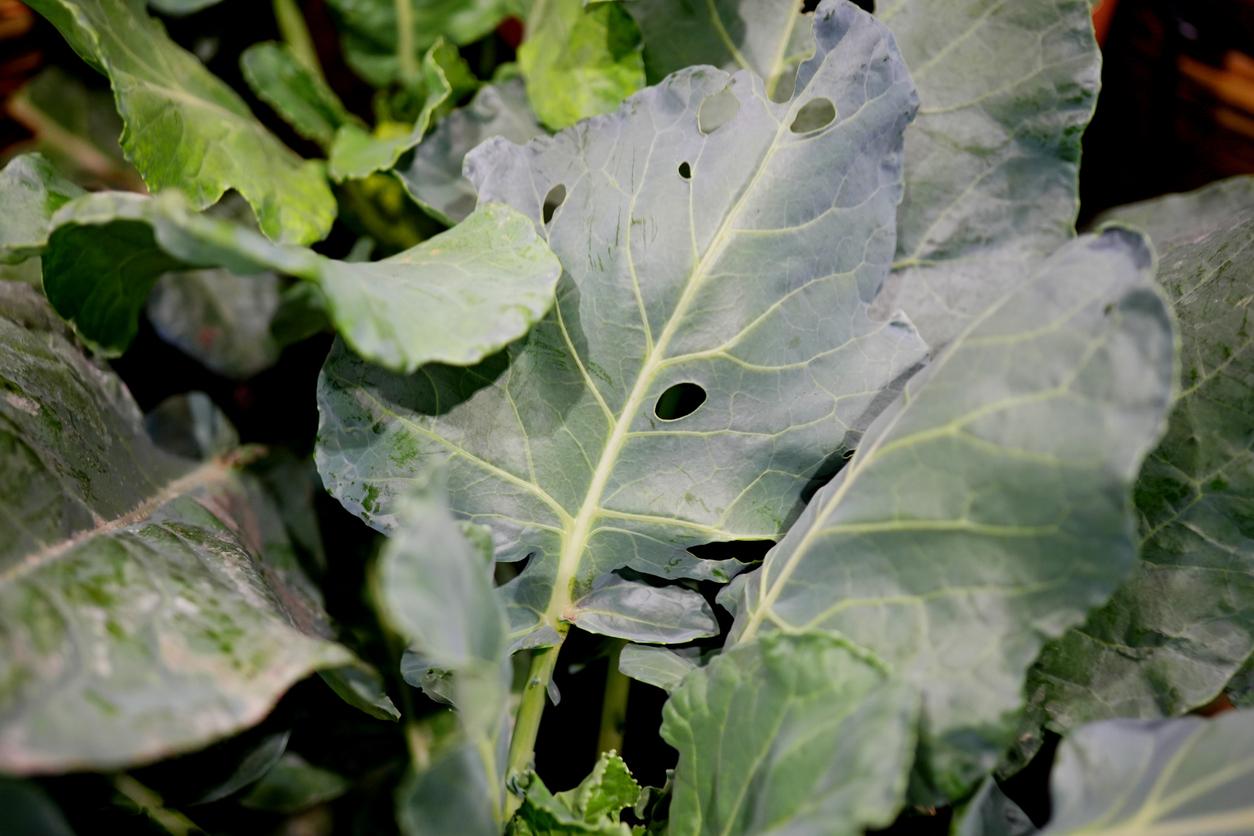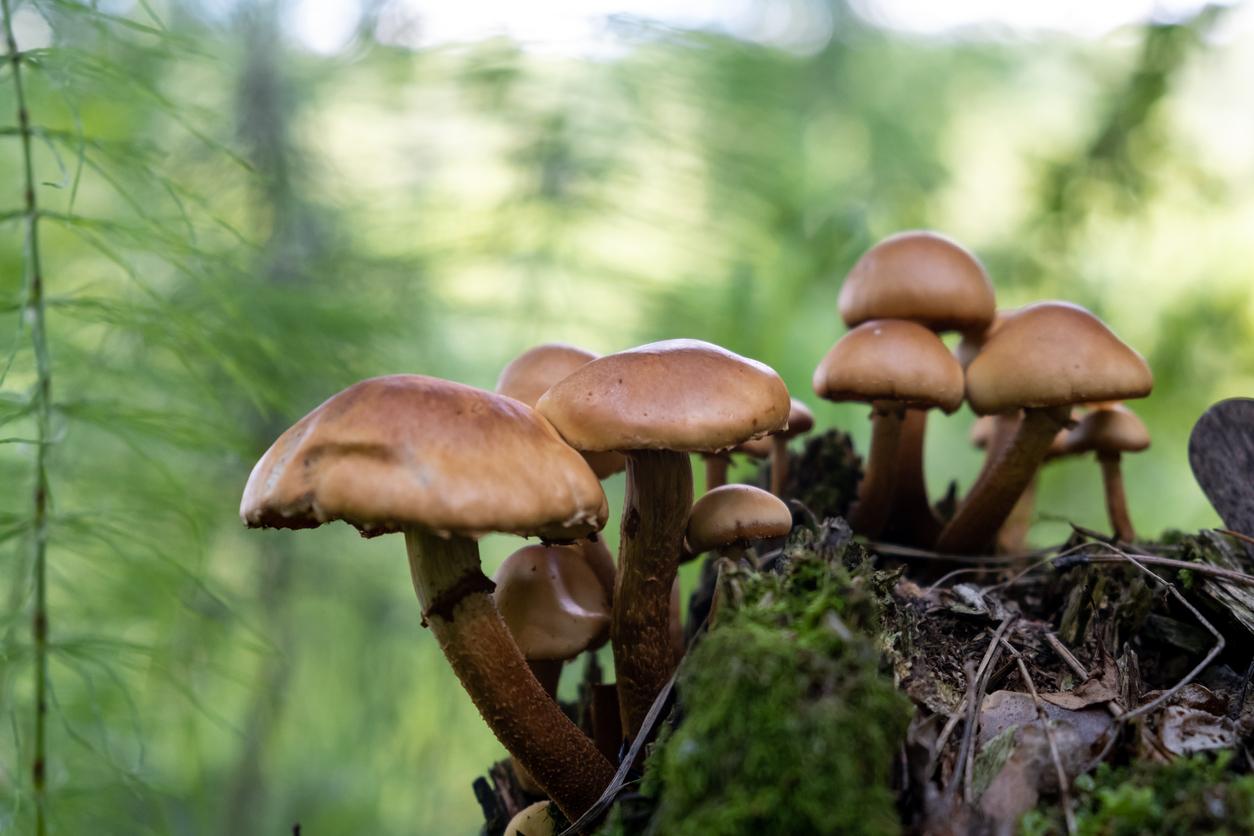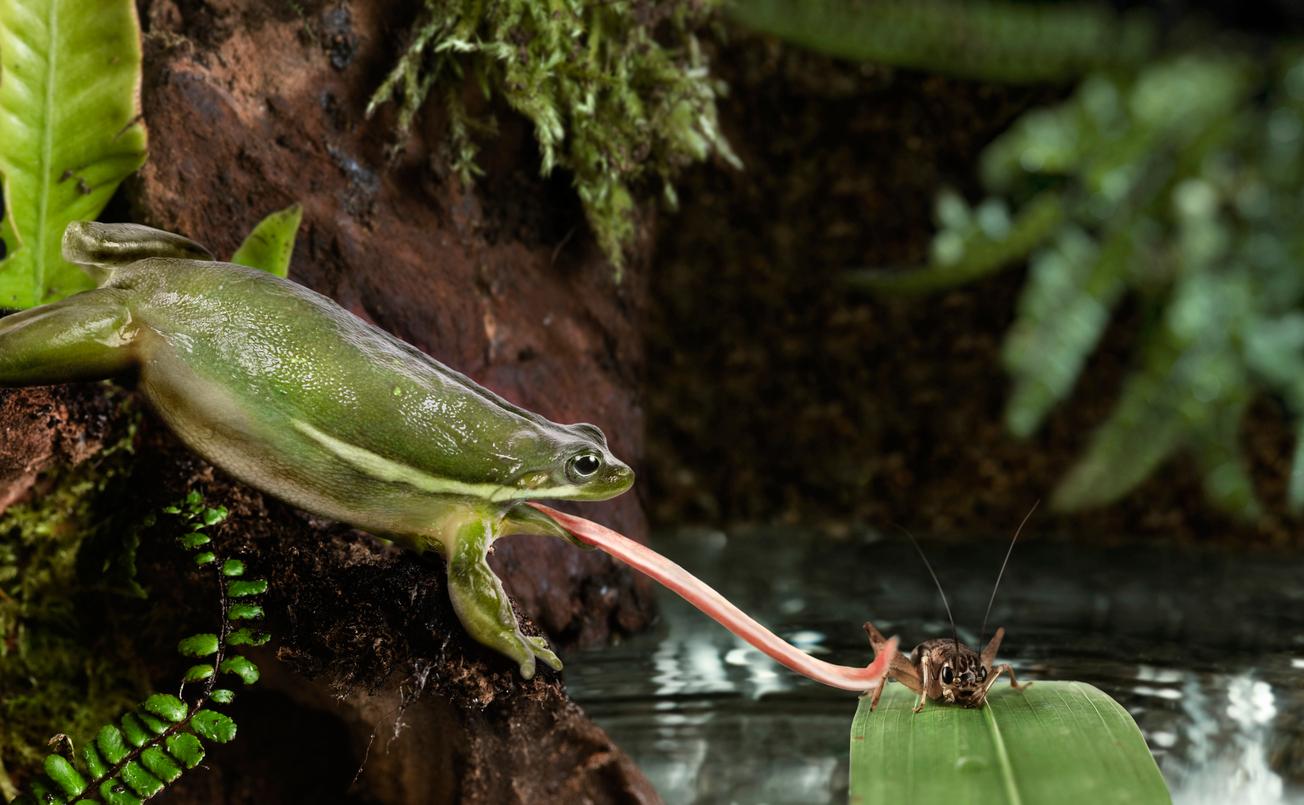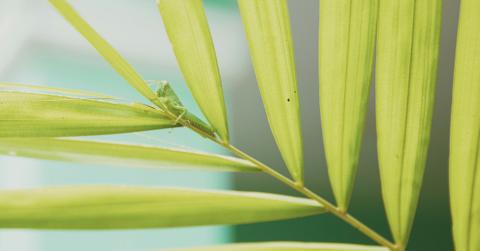What Do Crickets Eat? Learn About Their Diverse Diet
Crickets, the cousin of the grasshopper, are adept at catching prey to keep their bellies full.
Updated Sept. 12 2024, 3:35 p.m. ET
Human fascination with insects like crickets extends to all corners of curiosity — for example, many have wondered what crickets eat.
Whether you're living in the Western U.S. and frequently visited by the occasional Mormon cricket, or you seek to become an amateur cricket keeper and want to feed them a healthy diet, it's important to know what crickets eat and what eats them.
It's very likely that there are already many foods in your fridge that crickets can snack on. It's also likely that some of the food that carnivorous crickets consume in the wild is decidedly not in your fridge. Keep reading to learn what crickets eat in the wild and in captivity.

What do crickets eat?
According to a Pets on Mom.com article, a cricket's diet in the wild is mostly composed of plants, fruits, and vegetables.
Because crickets are known to enjoy various seeds and plant materials, some varieties of crickets may also serve the purpose of weed control in residential areas, though other cricket varieties who tunnel undergoing may actually do the opposite and cause an infestation of weeds.
That said, crickets are omnivores, meaning they will also eat other insects.
Carnivorous crickets, per the article, prefer to eat meat over plant materials, and their diet is mostly composed of insects, including aphids and ladybugs.
Finally, some crickets will on occasion resort to eating other crickets in dire situations, as well as dead or decaying insects and plants. Some crickets will also steal food scavenged by other insects. These instances, it should be noted, are rarer than the more common plant and insect sources of food.

Do crickets eat mushrooms?
It turns out that mushrooms aren't a cricket's first choice for a fine meal. However, according to the University of Wisconsin-Madison's College of Agriculture & Life Sciences, when a cricket's preferred food choices are unavailable, they will seek out fungi as a food source.
What to feed crickets:
While insects and other undomesticated members of the animal kingdom are best left in the wild, some individuals keep cricket colonies. In this scenario, it is important to know that a cricket requires different nutrition sources based on where they are in their life cycle, according to The Critter Depot.
Sadly, some individuals only keep cricket colonies only to fatten them up with chicken feed, egg shells, or other dry, powdered food sources and eventually serve the cricket as a raw food source for their companion animal.
Aside from "feeder crickets" being force-fed dry food, it is recommended that crickets held in captivity should be fed leafy greens, berries, carrots, chia seeds, and other natural protein and calcium food sources.

What eats crickets:
Per NPR, nearly 2 billion humans worldwide consume insects, like crickets, often as a source of protein. Crickets are also sold as novelty sources of food, sometimes in gift shops, encapsulated in lollipops. Many educational institutions with agriculture programs proffer crickets as a potential food source to address food insecurity and other societal ills, though some programs advise caution.
In the wild, according to pest control company Terminix, birds, spiders, and small mammals are each natural predators of crickets. Poison dart frogs at the Santa Barbara Zoo are fed crickets to mimic a food source they would find in the wild, too.
